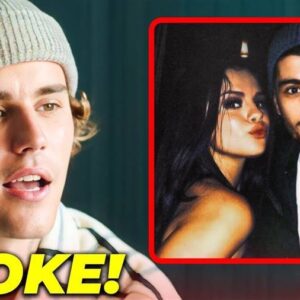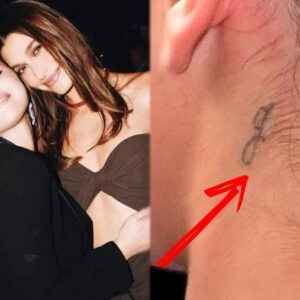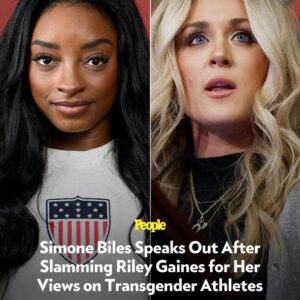Drake and Justin Bieber are among the biggest popular music stars in the world.
Part of their appeal has been blurring pop, hip-hop and R&B — music genres the music business has traditionally segregated along racialized lines.
My doctoral research has examined how Drake, Bieber and Jessie Reyez each innovatively approach R&B music — and build distinctly Canadian lifestyle brands that reinforce, complicate and/or challenge dominant beliefs about Canadian identities as exclusively white and R&B as a genre style exclusively practised by Black American artists.
‘Race records’
Associations between an artist’s skin colour and the classification of their music have long existed. Billboard music charts created the music genre chart “race records” in 1947 to exclusively group Black identities. This chart, in part, gave some visibility to Black artists who were largely marginalized in society. However, the category “race records” overgeneralized the diverse styles of music created by Black artists.
“Race record” artists were understood as “Black” and “old-time” artists were understood as “white southerners.” Billboard later renamed the “race record” chart “R&B,” then “Black singles” and then again back to “R&B.” In 1949, RCA Victor, a major record company in the United States, also used the term “blues and rhythm” for a cerise-coloured record featuring primarily Black artists.

Justin Bieber, left, and Giveon accept the award for best pop song for ‘Peaches’ at the MTV Video Music Awards, in September 2021, in New York. (Charles Sykes/Invision/AP)
Racialized categories continue today
Dominant archetypes of Black rappers and white country singers continue to shape expectations around genre.
In 2011, Black American artist Frank Ocean said: “… in America, it’s the first thing that comes to mind. If you’re a singer and you’re Black, you’re an R&B artist. Period.”
Journalist Elias Leight noted in 2019 that Black artist Lil Nas X’s song “Old Town Road” featuring Billy Ray Cyrus was removed from Billboard’s Hot Country Charts despite the clear country sounds in the song and music video. Instead, it was included in Billboard’s “Hot R&B/Hip-Hop Songs” chart.
Writer Teofilo Killip has noted:
“Country music” is “what some people classify as ‘white people music.’ But, like most stereotypes, that simply isn’t true … music really has no boundaries … [yet] there’s a bit of cognitive dissonance when you hear the words ‘Black country singer.’”
Canadian artist Shawn Desman, who is of Portuguese and Italian descent, has said people usually assumed he was Black because of his participation in R&B.
News
Justin Bieber’s Reaction to Selena Gomez and Zayn Malik Dating Sends Fans into a Frenzy.
Justin Bieber’s Reaction to Selena Gomez and Zayn Malik Dating Sends Fans into a Frenzy Justin Bieber recently responded to rumors about his ex-girlfriend, Selena Gomez, dating…
The mystery of Selena Gomez and Hailey Bieber having the same tattoo under their ear
The controversy between Selena Gomez and Hailey Bieber has been the focus recently, a “bait” for international news hunters. A series of incidents revolving around the fights…
Cardi B turns Offset into a horse to R.I.D.E him on stage with no shame
CARDI B opened the BET Awards with an energetic and sultry performance – by giving her husband a lapdance on stage. The Please Me rapper was joined…
The Biggest and Most Expensive House in the United States is a $550M Mansion Owned by Master P
The Biggest and Most Expensive House in the United States is a $550M Mansion Owned by Master P Master P took to Instagram on Wednesday to document…
Justin Bieber slammed by fans for SCREAMING at wife Hailey after losing arcade game
Justin Bieber’s fans are slamming the singer for SCREAMING at his supermodel wife, Hailey, after losing an arcade game. Followers called out the 25-year-old for acting like a “raging…
what the hell. There was an article written about that
Justin Bieber Took Selena Gomez’s Virginity And Brags All About It! The 19-year-old pop brat made the uncouth remark about Gomez, 21, ‘with no embarrassment or shyness whatsoever,’…
End of content
No more pages to load











